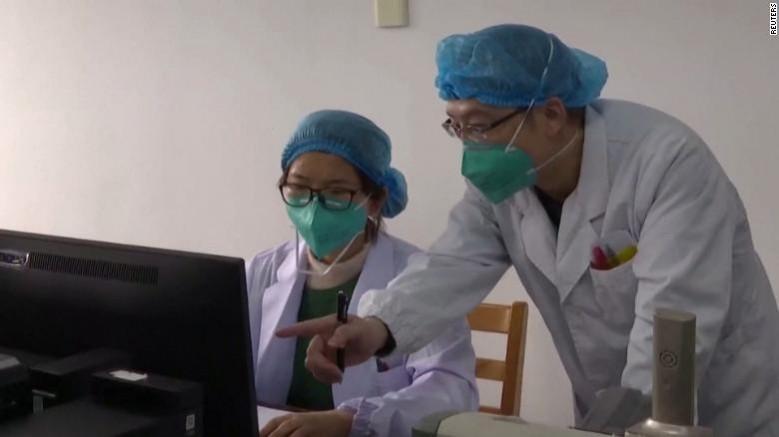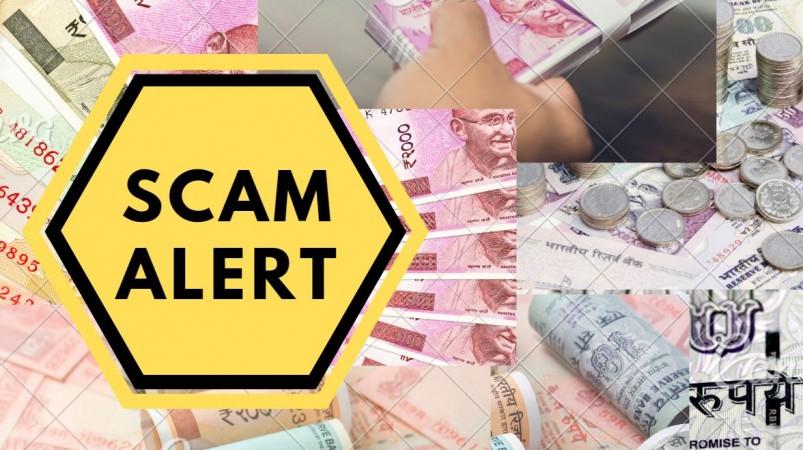A security firm Mimecast has reported that scammers are pretending to be WHO authorities and sending phishing emails to try and trick users into giving up important information like their login credentials. These emails also carry malicious links and PDFs with claims of containing information on how to protect yourself from the spread of the disease. Earlier, Quick Heal and Checkpoint Research had also warned against the use of the coronavirus scare to send malicious links to users.
World Health Organisation (WHO) warns users
WHO has issued a notice warning people about cybercriminals posing as their representatives.
Criminals are disguising themselves as WHO to steal money or sensitive information. If you are contacted by a person or organisation that appears to be from WHO, verify their authenticity before responding," WHO said.

Along with identity theft, WHO also warned against the phishing attacks. It said that the organisation never asks users to login in order to view safety information or send an email attachment that they didn't ask for. WHO also advised not to visit any links provided in such emails and visit only its official website www.who.int for any information.
WHO clarified that it does not conduct lotteries or charge money to apply for a job. It also said that the organisation never asks users to donate directly to emergency response plans or funding appeals.

WHO further said that in case you receive an email, phone call, text message, or fax message claiming to be from WHO, you can directly contact the organisation to verify if the communication is legitimate. If you happen to receive any email regarding safety measures against coronavirus, claiming to be from WHO, feel free to report a suspected scam with the health organisation.





!['Lip lock, pressure, pyaar': Vidya Balan- Pratik Gandhi shine in non-judgmental infidelity romcom Do Aur Do Pyaar [ Review]](https://data1.ibtimes.co.in/en/full/797104/lip-lock-pressure-pyaar-vidya-balan-pratik-gandhi-shine-non-judgmental-infidelity-romcom.jpg?w=220&h=138)








